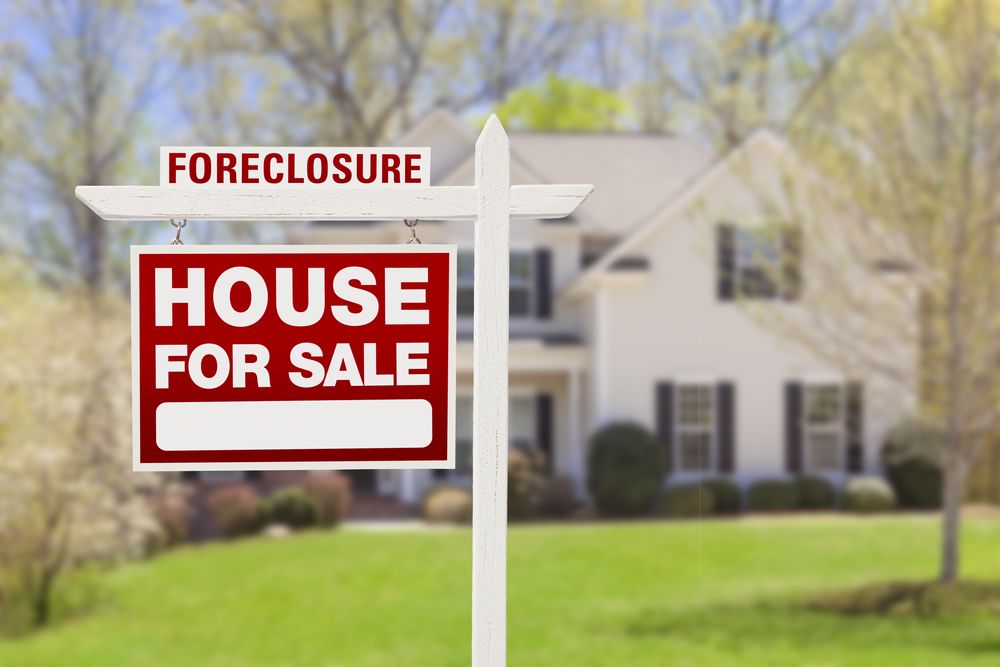
Buying a foreclosed home can be a great investment, offering the chance to secure property at a significantly reduced price. However, the process is fraught with legal complexities that can be daunting for even seasoned real estate buyers. Navigating these legalities is essential to ensure a smooth transaction and to protect your investment. In this article, we’ll guide you through the intricacies of purchasing a foreclosed home, ensuring you’re well informed every step of the way.
Understanding Foreclosure and Its Phases
Foreclosure is the legal process by which a lender takes control of a property when the homeowner fails to make mortgage payments. It’s important to understand the different stages of foreclosure because each phase presents unique opportunities and challenges for potential buyers.
The pre-foreclosure phase begins when the homeowner receives a notice of default. During this time, homeowners may try to sell the property to pay off the debt, often at a lower price. This is known as a short sale and requires lender approval.
If the property doesn’t sell in pre-foreclosure, it goes to a foreclosure auction. Auctions are public events where properties are sold to the highest bidder. Buying at an auction can be competitive, and usually, you’ll need to pay in cash.
Finally, if the property doesn’t sell at auction, it becomes a real estate-owned (REO) property. REO properties are owned by the lender and are usually sold through real estate agents. Purchasing an REO property can be less risky than buying at an auction since you can inspect the property and obtain title insurance.
Researching the Property’s Legal Status
Before you consider purchasing a foreclosed home, it’s crucial to conduct thorough research on its legal status. This involves checking for any liens, easements, or other claims against the property that could affect your ownership.
Start by visiting the county recorder’s office to review the title history. This will reveal any outstanding liens, which could be from unpaid property taxes, homeowner association (HOA) dues, or contractors. It’s also wise to check for any litigation involving the property, as unresolved legal issues could be passed on to you as the new owner.
Title insurance is especially important when buying a foreclosed home. It protects you from financial loss due to defects in the title that were not discovered during the initial search. Make sure to work with a reputable title company or real estate attorney to navigate this complex process.
The Role of Due Diligence
Due diligence is your responsibility as a buyer, and it’s a critical step in the process of purchasing a foreclosed home. This involves a thorough inspection of the property to assess its condition, estimating repair costs, and ensuring there are no hidden surprises.
Many foreclosed homes are sold “as-is,” which means you’re responsible for all repairs and cannot hold the previous owner or bank liable for any issues with the property. Thus, hiring a professional home inspector is a wise investment. They can uncover problems that may not be immediately visible, such as structural damage, mold, or pest infestations.
Additionally, you should review local zoning laws and any possible restrictions on the property. Understanding these regulations upfront can save you from costly mistakes and legal headaches down the road.
Securing Financing for a Foreclosed Home
Financing a foreclosed home can be more challenging than a traditional real estate transaction. Many foreclosed properties require significant repairs, and not all lenders are willing to finance them. Moreover, the competition for these homes can be fierce, with many investors paying in cash.
If you’re not paying in cash, you’ll need to secure a pre-approval letter from a lender before making an offer. This shows sellers that you’re serious and have the financial backing to complete the purchase. Explore different loan options, like the FHA 203(k) loan, which allows you to borrow money for both the purchase and the necessary repairs.
Remember to factor in all costs, including closing fees, property taxes, insurance, and any immediate repairs the property requires. Getting a clear picture of the total investment needed will help you make an informed decision.
Closing the Deal
Closing the deal on a foreclosed home can be a complex process, with additional legal and administrative steps compared to a standard home purchase. It’s crucial to work with a knowledgeable real estate attorney who specializes in foreclosures to guide you through the closing process.
The closing process for a foreclosed home often involves a lot of paperwork, and each document should be reviewed carefully. Pay particular attention to the settlement statement, which outlines all the costs associated with the purchase. Make sure there are no errors or unexpected charges.
Before closing, you’ll also need to obtain homeowner’s insurance. Since foreclosed homes can be considered higher risk, insurance may be more expensive, so shop around for the best rates and coverage.
Finally, before signing on the dotted line, make sure you understand all the terms and conditions. Once everything is in order and you’ve completed your final walk-through to ensure the property’s condition hasn’t changed, you’re ready to close the deal and take possession of your new home.
Buying a foreclosed home can be a profitable venture, but it’s not without its challenges. Understanding the legalities involved is key to navigating the process successfully. By researching the property’s legal status, conducting due diligence, securing financing, and closing the deal with professional assistance, you can mitigate the risks and make a wise investment. Remember to approach each step with diligence and patience, and don’t hesitate to seek expert advice when needed. With the right preparation and mindset, you’ll be well on your way to owning a foreclosed property.
